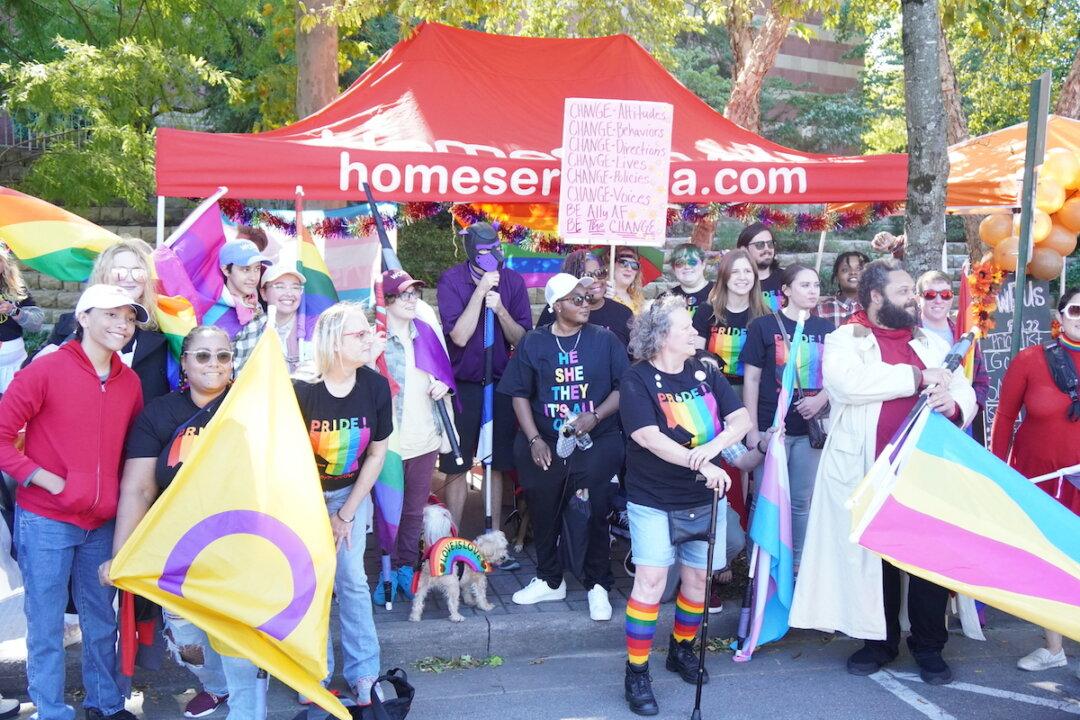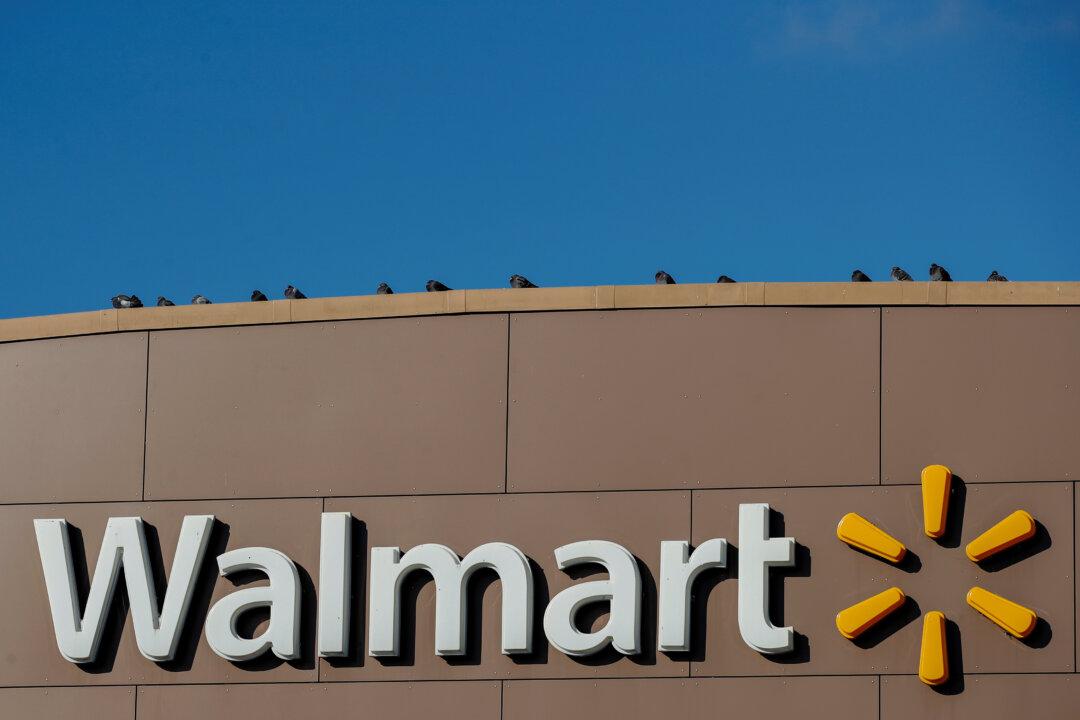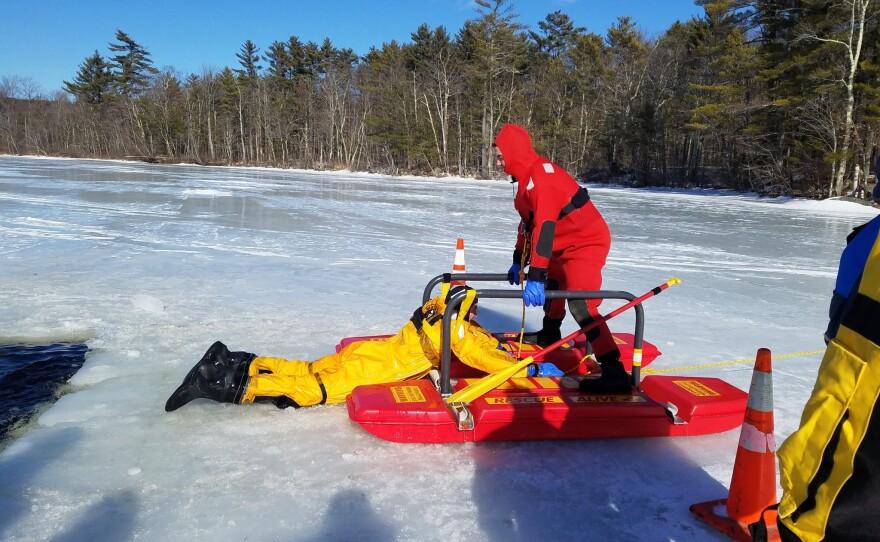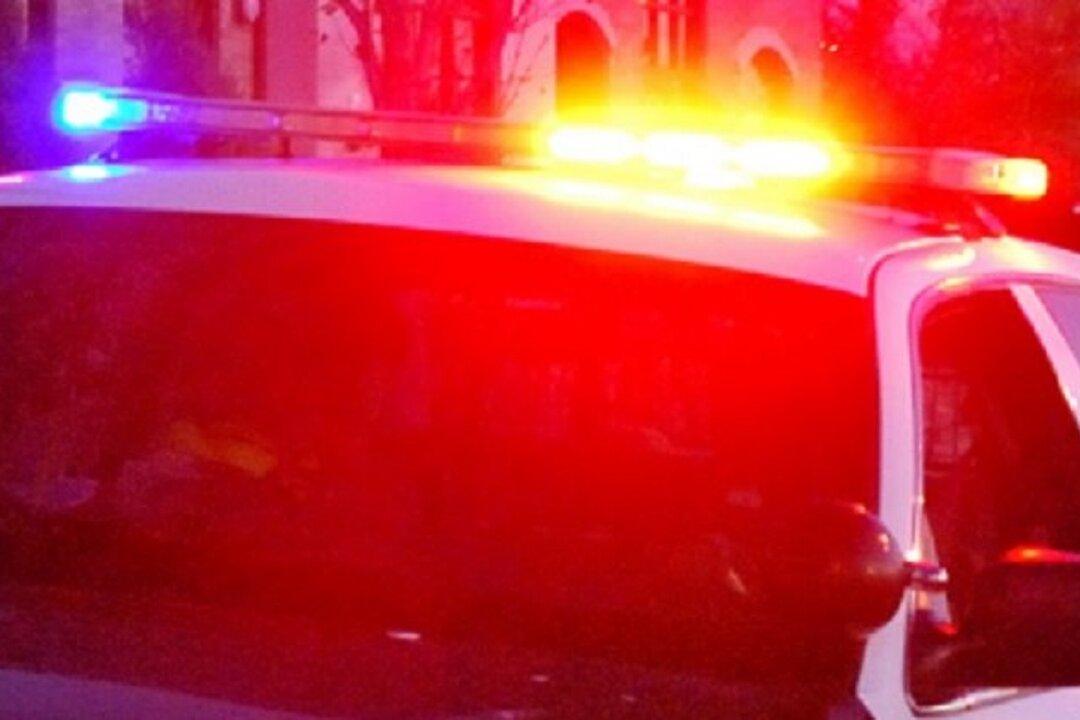A federal judge has temporarily blocked a Tennessee city’s law prohibiting drag performances from taking place on public property during an upcoming Pride event.
Chief U.S. District Court Judge Waverly Crenshaw Jr. ordered in a Friday ruling that officials in Murfreesboro, Tennessee, are prohibited from enforcing the ordinance during the BoroPride Festival.




